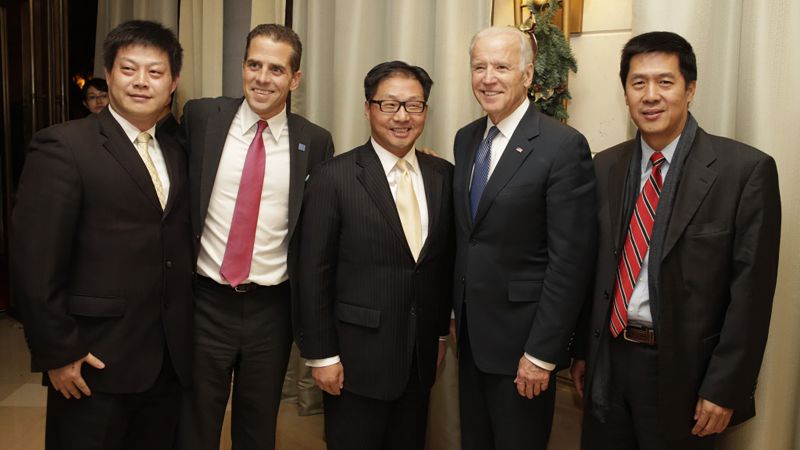World
Pitt-Bradford sponsored the World Indigenous Suicide Prevention Conference

Members of the University of Pittsburgh at Bradford community volunteered at the World Indigenous Suicide Prevention Conference in Niagara Falls, New York — the first time the event has been held North America.
Pitt-Bradford was also a sponsor of the conference, which was hosted by the Seneca Nation of Indians. Each year, the event brings together Indigenous people from around the world to discuss and discover practices for the prevention and intervention of suicide using Indigenous knowledge and medicine.
Indigenous people in colonized countries suffer the highest rates of suicide, homelessness and poverty worldwide, said Rodney Valandra, director of counseling services at Pitt-Bradford, who served on the conference executive committee.
Valandra, a citizen of the Sicangu Lakota Rosebud Sioux Tribe, asked Pitt-Bradford President Richard Esch if the University would sponsor the conference.
“It was an honor for Pitt-Bradford to be a sponsor of such a conference,” Esch said. “This is just a step in the University’s collective journey to learn more about the culture and perspectives of the Indigenous people who are our students, staff and neighbors.”
At the conference, 780 First Nations people from Canada, Aboriginal people from Australia, Māori people from New Zealand and Native Americans from across the United States met in breakout sessions to tell stories, hear case studies and learn about practices to help heal the mental health of Indigenous people.
Valandra, a trained therapist, along with Pete Wilson, director of Seneca Strong, volunteered to create a wellness area where people could go if sessions at the conference caused them distress.
Valandra said: “It was a powerful, emotional experience. It was humbling — a lot of good people there. Even across the other side of the world, Indigenous people are very similar.”
Stephanie Eckstrom, coordinator of the Master of Social Work Program at Pitt-Bradford, also volunteered; she spent time handing out T-shirts and refreshments but also was trained to sit in sessions with an eye toward finding anyone in mental discomfort.
“It was an absolute honor to be there,” she said, noting the similarity of experiences across cultures and even continents. “They have a whole different model for mental health than that of Western medicine.”
Michael Davila, vice president of student affairs at Pitt-Bradford, attended the conference as a participant.“It was an experience in cultural humility. It’s deeply moving to hear people share stories of their lifetimes,” he said of the first-person stories shared by Indigenous participants. “We not only acknowledge the history, but we want to be good partners.”
Pitt-Bradford’s partnership efforts include hosting Haudenosaunee (also known as Iroquois) storytellers and dancers on campus, holding classes on traditional cornhusk doll-making and partnering with the Seneca Nation on an alternative spring break study trip to the Seneca-Iroquois National Museum in nearby Salamanca, New York. This spring, the campus’ new men’s lacrosse team played its first game against expert players from the Seneca Nation and learned about the Haudenosaunee roots of the game.
On March 18, Pitt-Bradford will welcome Robin Wall Kimmerer — author of The New York Times bestseller “Braiding Sweetgrass,” scientist and member of the Citizen Potawotomi Nation — as a guest writer.
— Kimberly Marcott Weinberg, photography by Seneca Media and Communications Center










